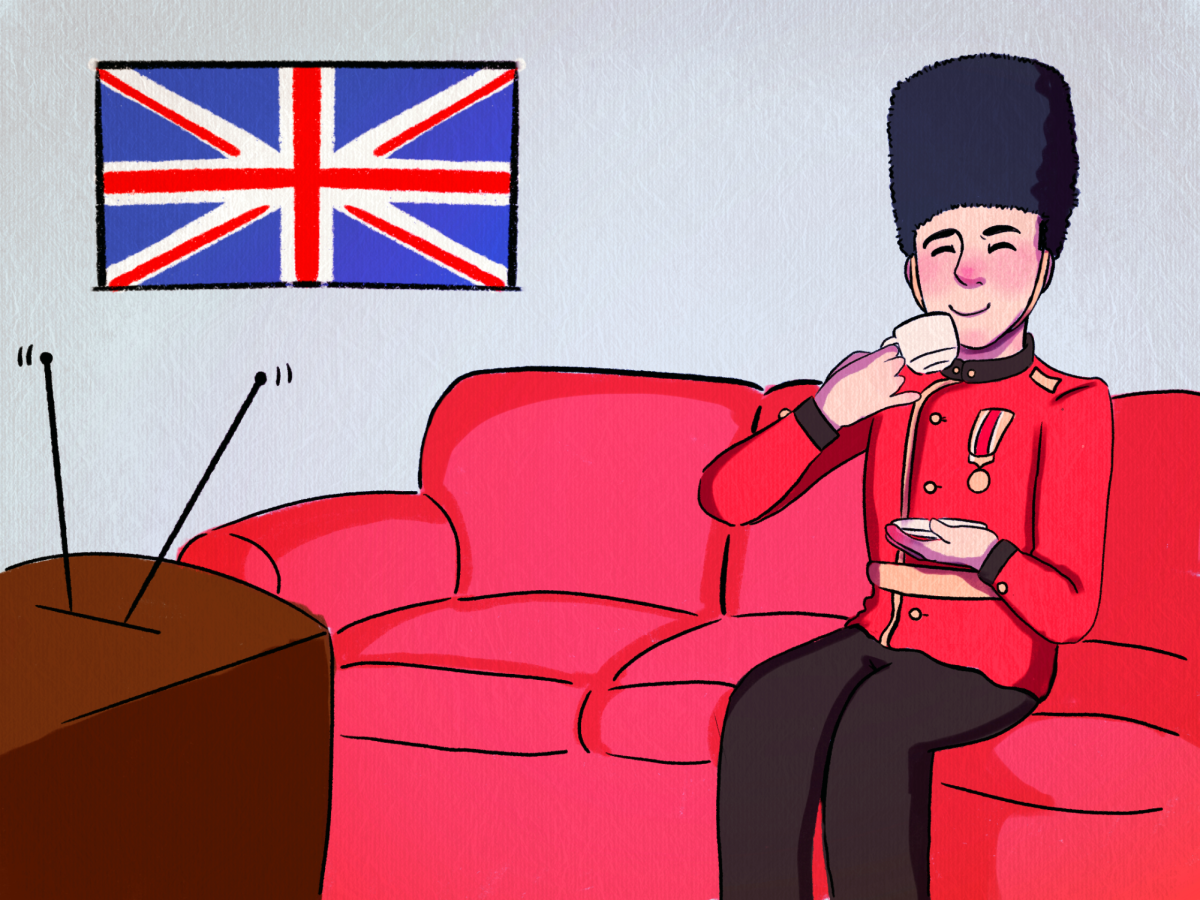Last week, athletic apparel company Nike rolled out its new ad campaign in celebration of the 30th anniversary of the brand’s iconic “Just Do It” motto. With a deep stable of athletic talent on its roster to draw from, Nike instead choose Colin Kaepernick as the face of its campaign.
Although those of us at the Daily Wildcat are fans of the inspirational message the ad campaign and commercial convey, and we support Mr. Kaepernick’s protest and reason for protest, we remain skeptical of the multi-national tennis shoe company for its broader societal impact.
Kaepernick, the former 49ers quarterback who famously kneeled during the national anthem in protest of police brutality against people of color, is a firebrand of controversy for some on the political and cultural right.
RELATED: Sometimes, first isn’t best – or right
Many have misinterpreted his decision to kneel during the national anthem, some willfully, as an affront to police, the military and the U.S. in general. There is sentiment that protesting during the anthem is offensive to the aforementioned parties and that Kaepernick should protest some other way at some other time.
When Nike released a nearly two-minute commercial featuring Kaepernick encouraging viewers/potential customers to “believe in something. Even if it means sacrificing everything,” a torrent of conservative backlash followed.
Appearing on Fox & Friends, Fox News host and perpetually baffled ventriloquist dummy Tucker Carlson called the commercial and subsequent ad campaign “an attack on the country,” before dismissing the motive behind Kaepernick’s protest.
“Who knows what Kaepernick thinks, or why, or why he is so unhappy. It’s not even that interesting,” Carlson said.
Carlson’s response was actually measured. Others chose instead to burn various articles of Nike paraphernalia they had already purchased, some while they were still wearing it.
#boycottNike trended in some conservative circles online, and two universities dropped Nike as their athletic departments apparel supplier.
And still, Nike’s online sales were actually up 31 percent from the beginning of Labor Day Weekend until September 7, better than last year’s 17 percent increase, according to digital commerce research company Edison Trends.
“The research confirms that, at least for now, the company is suffering no negative repercussions in sales,” the report reads.
That’s troubling. Not because Nike is on the right side of history in the current socio-political debate, but because Nike has for so long been on the wrong side of history when it comes to labor practices.
As recently as May of this year, the labor-rights organization Global Exchange accused Nike of failing to live up to its founder and CEO Phil Knight’s promises concerning working conditions in many of the companies contracted factories.
“Nike has continued to treat the sweatshop issue as a public-relations inconvenience rather than as a serious human rights matter,” said Leila Salazar, corporate accountability director for Global Exchange, in an interview with ABC News.
After backlash in the 1990s, Nike, notorious for its use of sweatshop labor at the time, had Knight respond in 1998 by making six promises, all aimed at addressing working conditions in foreign factories.
According to the report by Global Exchange, those changes have either had little or no effect.
“Nike workers are still forced to work excessive hours in high pressure work environments, are not paid enough to meet the most basic needs of their children, and are subject to harassment, dismissal and violent intimidation if they try to form unions or tell journalists about labor abuses in their factories,” it found.
Knight responded to the report, noting that Nike has a presence in factories all over the world, that Nike wasn’t responsible for government regulations and (lack of) oversight and that he didn’t think the deficiencies chronicled in the report have “ever been typical of Nike factories.”
RELATED: GUEST LETTER: The UA Strategic Plan lacks everything that would make it stand out
That’s not the assurances a company as powerful and wide-reaching as Nike should be offering, it’s the sort of answer expected out of politicians.
The recent addition of Kaepernick to a seemingly socially conscious marketing strategy rings hollow when considered against the historic background of Nike’s past and present labor practices.
Unless Nike is willing to use its clout politically to affect real change in the communities it is both selling and making its shoes in and better those communities, such full-throated support for Nike from the left and other socio-cultural institutions should be reconsidered.
Follow the Daily Wildcat on Twitter









